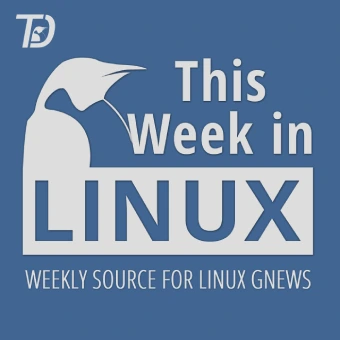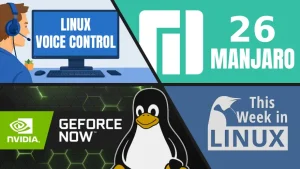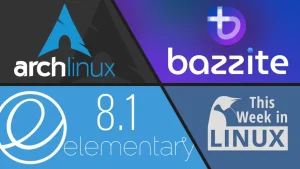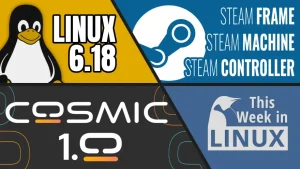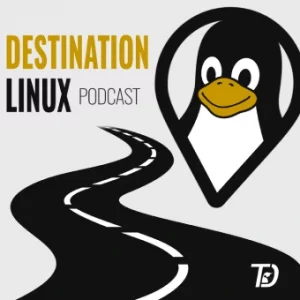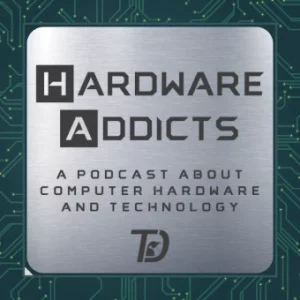On this episode of This Week in Linux: KDE Plasma 5.25 Released, K9 Mail Joins Thunderbird, Firefox Translations Add-on, MakuluLinux Shift Released, SpiralLinux Project, Amberol Music Player, GNOME Recieves $10K from Microsoft FOSS Fund, Steam NextFest, all that and much more on Your Weekly Source for Linux GNews!
[powerpress channel=”thisweekinlinux-mp3″]


Chapters
- 00:00 = Welcome to TWIL 202
- 00:36 = Did you hear the great news about the network?
- 01:29 = KDE Plasma 5.25 Released
- 04:40 = K9 Mail Joins Thunderbird
- 06:36 = Firefox Translations Add-on
- 08:08 = DigitalOcean: App Platform ( https://do.co/tux2022 )
- 09:34 = MakuluLinux Shift Released
- 11:21 = SpiralLinux Project
- 13:48 = Ikey Doherty Returning Full-Time On Serpent OS
- 16:04 = Bitwarden Password Manager ( https://bitwarden.com/tux )
- 17:25 = Amberol Music Player
- 19:17 = GNOME Recieves $10K from Microsoft FOSS Fund
- 22:49 = Steam NextFest
- 24:16 = Teenage Mutant Ninja Turtles: Shredder’s Revenge
- 25:11 = Outro
